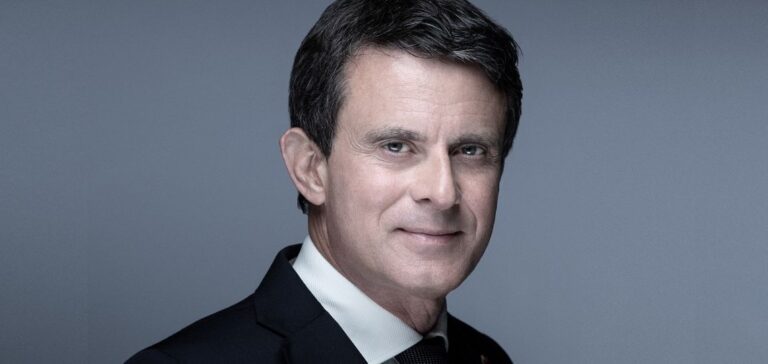The Minister of Overseas Territories, Manuel Valls, expressed on February 12, 2025, his desire to open a debate on the issue of oil exploitation in France, particularly in Guyana. This statement sparked divided reactions within the government, with strong opposition from the Minister of Ecological Transition, Agnès Pannier-Runacher. According to Valls, this initiative aims to reassess the Hulot Law of 2017, which ended oil and gas exploration in France, with exceptions for already granted concessions.
Geopolitical and Economic Implications of Oil Exploitation
Valls’ main argument is based on the increasing oil and gas resource exploitation by neighboring countries of Guyana, such as Guyana, Suriname, and Brazil. He emphasized that France should reconsider its energy policy concerning these developments near its overseas territory. The minister also clarified that he had asked his services to examine the compatibility of these potential legislative initiatives with international treaties and EU law.
Agnès Pannier-Runacher’s Opposition and France’s Climate Commitments
In response to these statements, Agnès Pannier-Runacher firmly opposed the idea of revising the Hulot Law. According to her, this proposal is incompatible with France’s climate commitments, particularly in reducing fossil fuels. The minister reminded that France, through its international position and its role at COP28, had made strong commitments towards decarbonization. She added that returning to oil exploitation would not only be inconsistent with the country’s energy policy but also counterproductive for overseas territories, the most affected by climate change.
Reactions from NGOs and Local Elected Officials
In this confrontation between the ministers, both the Climate Action Network and WWF also expressed their concerns. The Climate Action Network criticized what it sees as an inconsistency between Valls’ statements and France’s diplomatic positions, emphasizing that such initiatives could harm the sensitive ecosystems of Guyana. WWF, on the other hand, expressed concerns about the environmental and economic impacts of reviving oil exploitation, while calling for sustainable development in Guyana.
Manuel Valls’ Arguments for Local Debate
Manuel Valls’ office, however, justified this proposal by stressing the need to respond to the demands of local elected officials, who see oil exploitation as a potential economic development opportunity for the region. It was also emphasized that refusing this discussion could be perceived as turning away from the expectations of Guyana’s residents.





















